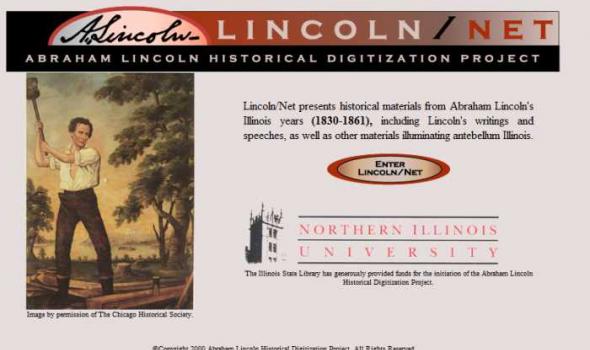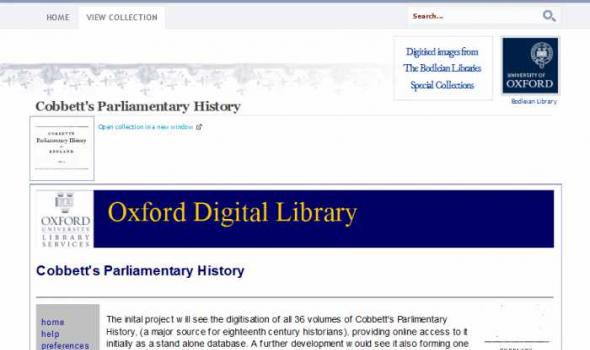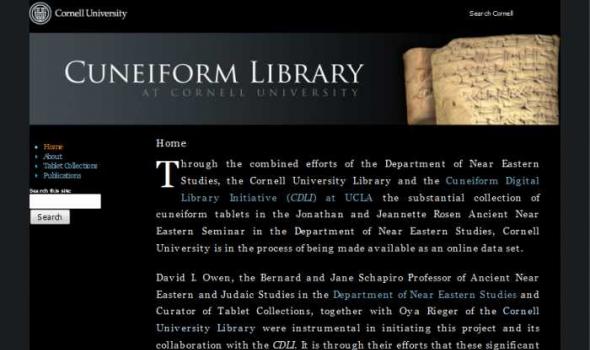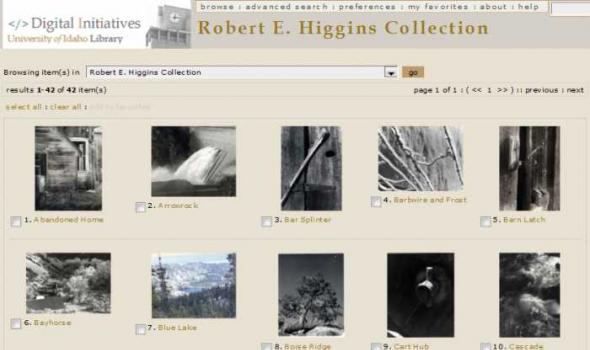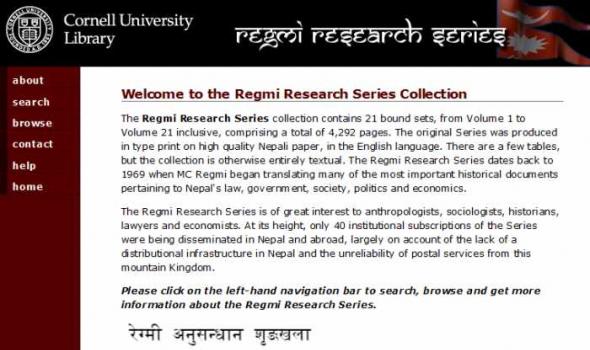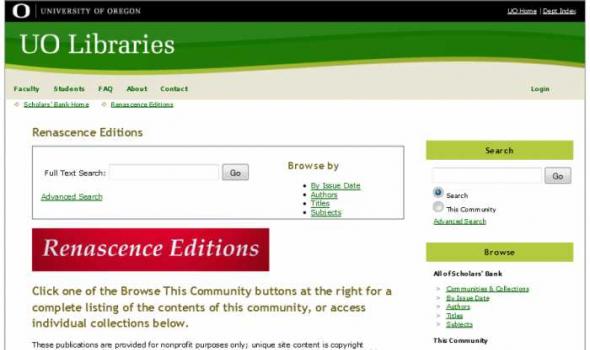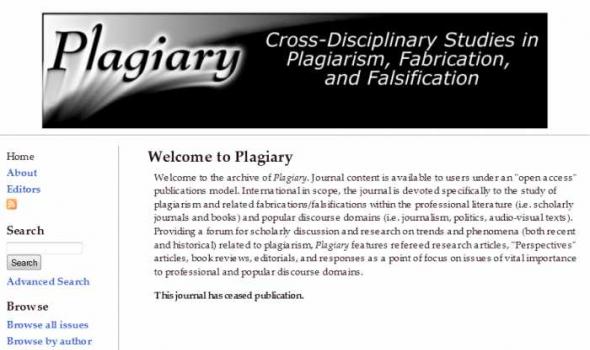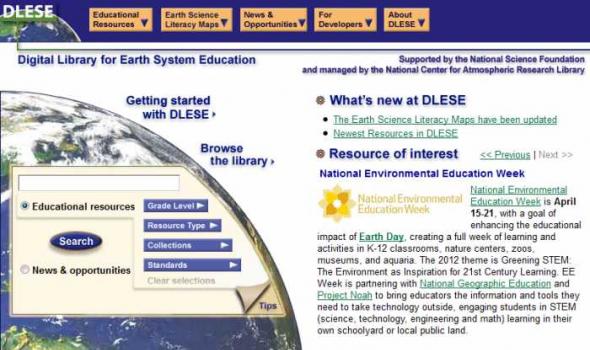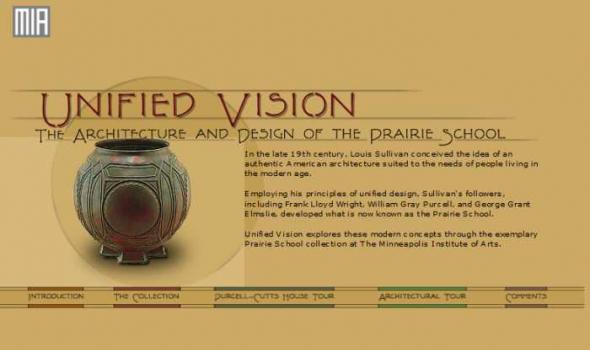Category: Law & Government, Political history
Results
In 1861 Abraham Lincoln (1809-1865) became the United States' sixteenth president. But before Lincoln became the nation's chief executive, he led a fascinating life that sheds considerable light upon significant themes in American history. This World Wide Web site presents materials from Lincoln's Illinois years (1830-1861), supplemented by resources from Illinois' early years of statehood (1818-1829). Thus Lincoln/Net provides a record of Lincoln's career, but it also uses his experiences as a lens through which users might explore and analyze his social and political context. How to Use Lincoln/Net: Northern Illinois University Libraries' digitization projects rely upon financial support provided by individual donors, private foundations, and state and federal agencies.
The inital project will see the digitisation of all 36 volumes of Cobbett's Parlimentary History, (a major source for eighteenth century historians), providing online access to it initially as a stand alone database. A further development would see it also forming one element within a group of related databases offering access to a range of parliamentary source materials sharing a common interface.
During the debates on the adoption of the Constitution, its opponents repeatedly charged that the Constitution as drafted would open the way to tyranny by the central government. Fresh in their minds was the memory of the British violation of civil rights before and during the Revolution. They demanded a "bill of rights" that would spell out the immunities of individual citizens.
Drafted by Thomas Jefferson between June 11 and June 28, 1776, the Declaration of Independence is at once the nation's most cherished symbol of liberty and Jefferson's most enduring monument. Here, in exalted and unforgettable phrases, Jefferson expressed the convictions in the minds and hearts of the American people. The political philosophy of the Declaration was not new; its ideals of individual liberty had already been expressed by John Locke and the Continental philosophers.
The Federal Convention convened in the State House (Independence Hall) in Philadelphia on May 14, 1787, to revise the Articles of Confederation. Because the delegations from only two states were at first present, the members adjourned from day to day until a quorum of seven states was obtained on May 25. Through discussion and debate it became clear by mid-June that, rather than amend the existing Articles, the Convention would draft an entirely new frame of government. All through the summer, in closed sessions, the delegates debated, and redrafted the articles of the new Constitution.
In 1761, fifteen years before the United States of America burst onto the world stage with the Declaration of Independence, the American colonists were loyal British subjects who celebrated the coronation of their new King, George III. The colonies that stretched from present-day Maine to Georgia were distinctly English in character although they had been settled by Scots, Welsh, Irish, Dutch, Swedes, Finns, Africans, French, Germans, and Swiss, as well as English. As English men and women, the American colonists were heirs to the thirteenth-century English document, the Magna Carta, which established the principles that no one is above the law (not even the King), and that no one can take away certain rights.
